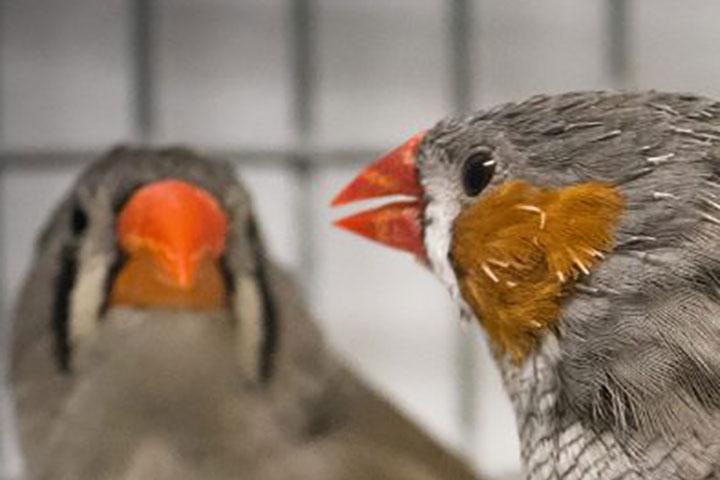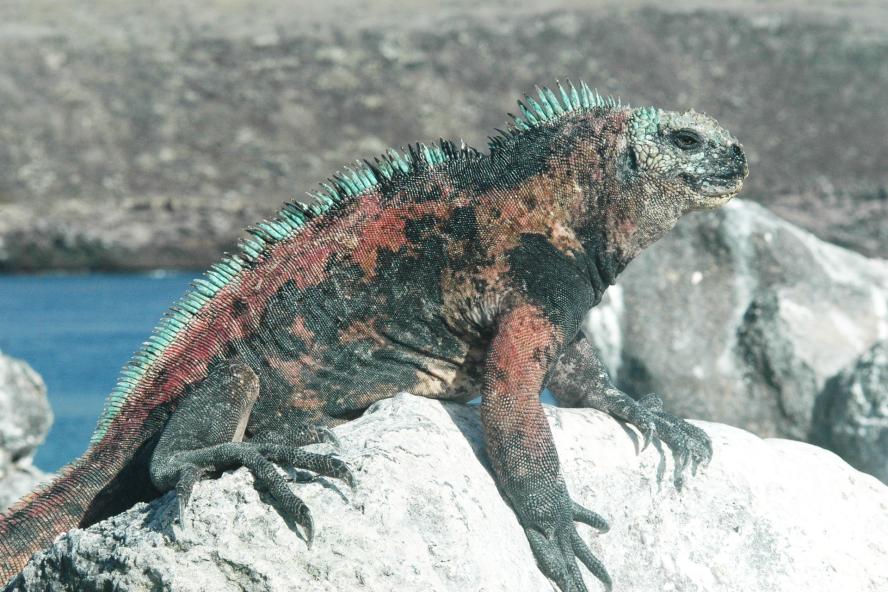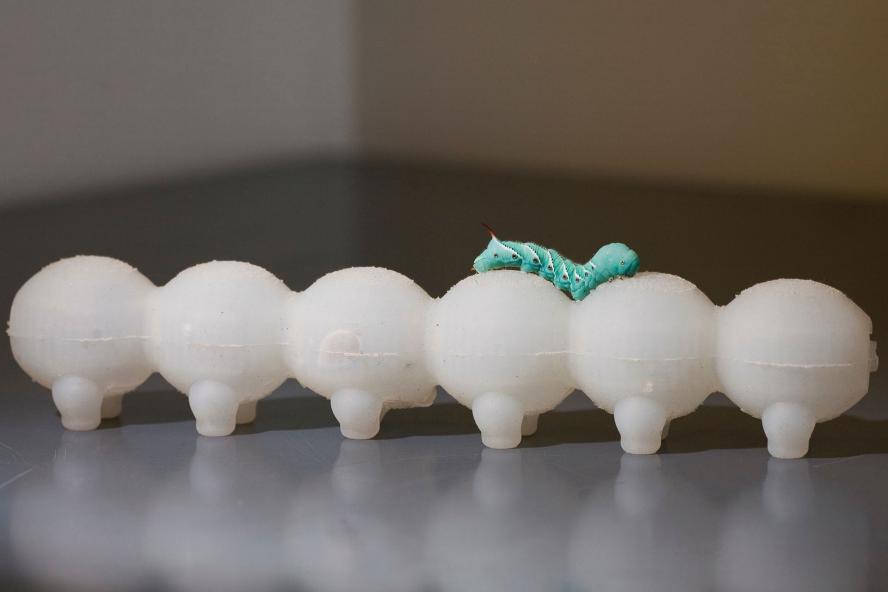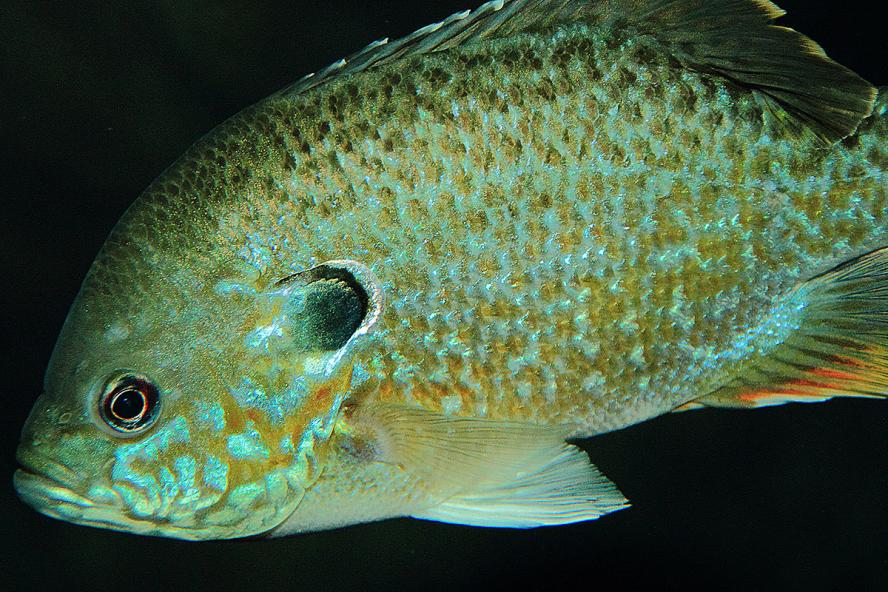
The Kao Lab
Principal Investigator: Mimi Kao
Location: 200 Boston Ave., Suite 2101
Neurobiology is the study of how nervous systems function. It is currently one of the largest and fastest growing areas of biology. At its most reductionist level neurobiology employs genetic and molecular approaches and at it extends to the level of whole animal behavior and social interactions.
Barry Trimmer
Mimi Kao
Michael Levin
Michael Romero
Eric Tytell
Either Seminar in Evolutionary Ecology (Bio 244) or Seminar in Physiology, Neurobiology and Biomechanics (Bio245 – currently in development) (offered in alternate years)

Principal Investigator: Mimi Kao
Location: 200 Boston Ave., Suite 2101

Principal Investigator: Michael Levin
Location: 200 Boston Ave., Suite 4600

Principal Investigator: Michael Romero
Location: Tsungming Tu Complex, 2nd floor

Principal Investigator: Barry Trimmer
Location: 200 Boston Ave., Suite 2600

Principal Investigator: Eric Tytell
Location: 200 Boston Ave., Suite 4800